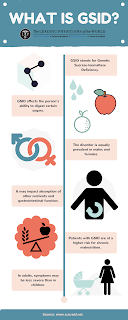Dehydration

Dehydration occurs when you use or lose more fluid than you take in, and your body doesn't have enough water and other fluids to carry out its normal functions. If you don't replace lost fluids, you will get dehydrated. Anyone may become dehydrated, but the condition is especially dangerous for young children and older adults. The most common cause of dehydration in young children is severe diarrhea and vomiting. Older adults naturally have a lower volume of water in their bodies, and may have conditions or take medications that increase the risk of dehydration. This means that even minor illnesses, such as infections affecting the lungs or bladder, can result in dehydration in older adults. Dehydration also can occur in any age group if you don't drink enough water during hot weather — especially if you are exercising vigorously. You can usually reverse mild to moderate dehydration by drinking more fluids, but severe dehydration needs immediate medical treatment. Symp...

